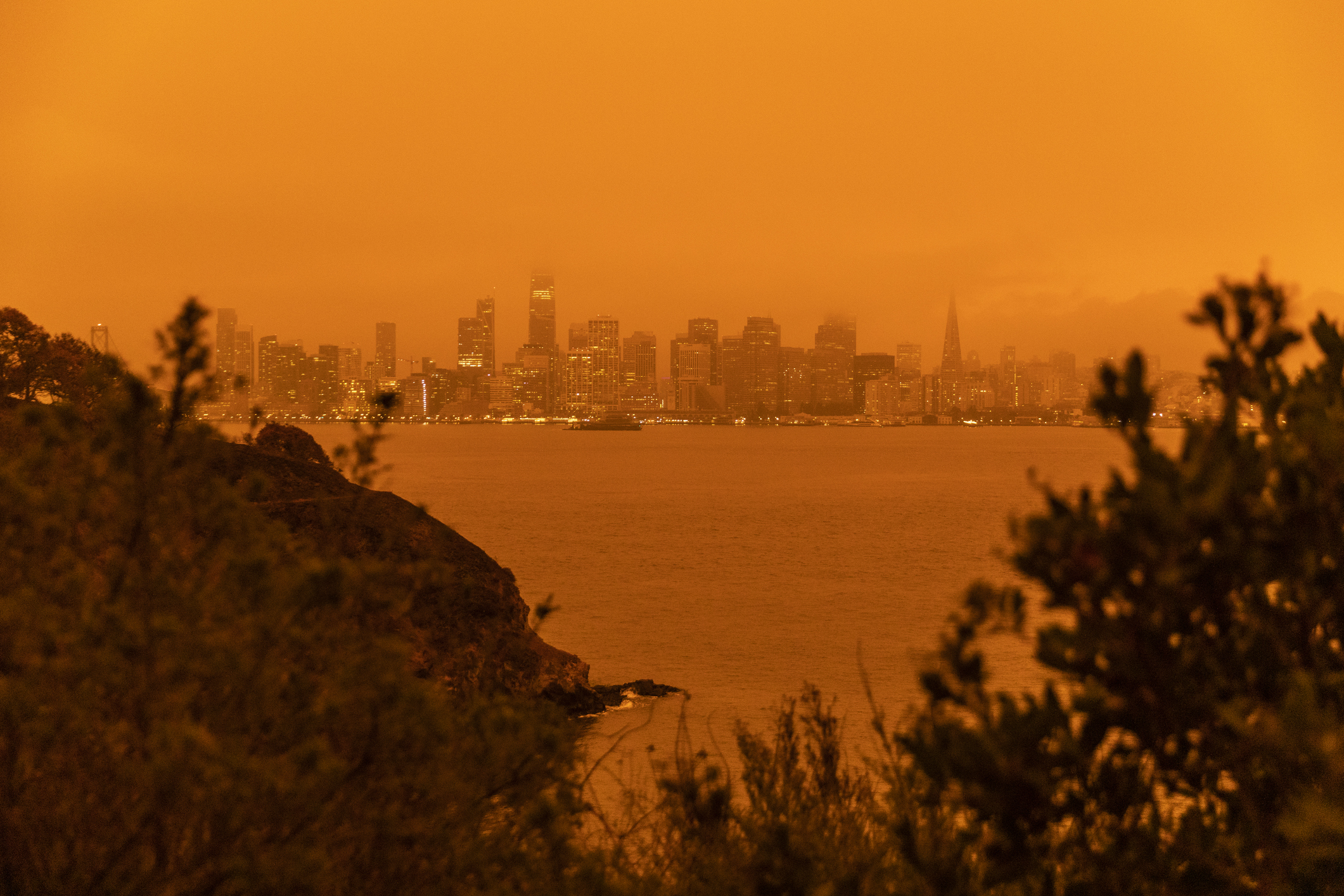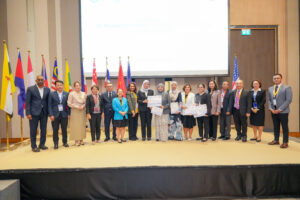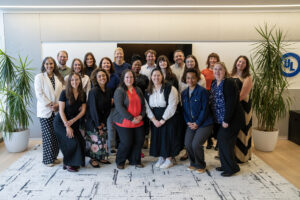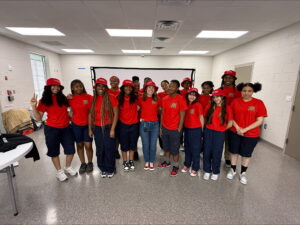CIRI Publishes Comprehensive Guidance to Protect Community Health Impacted by Wildland-Urban Interface Fire Events

ATLANTA (Oct. 23, 2024) — Chemical Insights Research Institute (CIRI) at UL Research Institutes has joined with UL Standards & Engagement to release new guidance for communities at risk for fires in wildland-urban interface (WUI) areas. An estimated 70,000 communities and 45 million residential buildings are at risk of destruction caused by wildfires. Additionally, WUI fires pose significant health risks. The smoke emitted by WUI fires likely contains a mixture of contaminants such as combustion gases, organic and inorganic metal complexes, volatile organic compounds, and numerous reaction products. WUI wildfire plumes carry the risks of inhalation of dust and ash, ingestion of contaminated water, and absorption of contaminants through dermal contact.
This new guidance “UL 200C Guidance and Practical Strategies for Reducing Public Health Impacts of Wildland-Urban Interface Fires on Community Populations” (the Guide), offers ways for homeowners, building managers, and the public to prepare, respond, and recover from these fire events, while protecting the health of their families and building occupants.
“Wildfires in the United States are becoming larger, more frequent, more destructive, and more toxic,” said Marilyn Black, Ph.D., vice president and senior technical advisor for CIRI. “In addition to combustion products of forest biomass, synthetic materials from our homes, buildings, and cars are adding heavily polluted air emissions — and residues that contain toxicants, such as carcinogens, and neurotoxins — to our atmosphere. Taking steps to reduce exposure is critical to protecting the current and future health of people, and this Guide is a strong step forward.”
To create the Guide, a unique task force was formed — known as the Protecting Community Health (PCH) Task Force — which convened over several months and arrived at a consensus to formulate this guidance, designed for communities impacted by fire events and conditions.
“The task force felt this Guide was a public health necessity,” said Christopher P. Weis, Ph.D., principal and science director of Weis Toxicology and a member of the task force. “With millions of people being affected by these disasters, including children and populations with limited resources, this timely information will assist public health officials, community planners, and neighborhoods as they help keep homes, buildings, families and citizens safe.”
Topics covered by the Guide include: An overview of WUI fires; Understanding risk before a WUI fire; Protecting indoor air quality; Steps to protecting a home or building; What to do during a WUI fire; Cleaning strategies to mitigate dangerous exposures; and Steps to monitor air and water quality.
The complete Guidance Document can be found at: UL200C_Public-Health-Impacts-of-WUI-Fires.pdf (wildfirehealthrisks.org).
About Chemical Insights Research Institute
Chemical Insights Research Institute (CIRI) of UL Research Institutes is a nonprofit organization dedicated to scientific research, publication, education, and communication on environmental exposures resulting from technologies and practices, their impact on human health, and processes for reducing health risks. CIRI provides actionable data and resources to help manufacturers, educators, healthcare providers, and consumers make informed environmental health decisions and risk reduction strategies for the protection of human health.
About UL Research Institutes
UL Research Institutes is a nonprofit research organization dedicated to advancing public safety through scientific discovery. Since 1894, our research has advanced our mission toward a safer, more secure, and sustainable future. Focused on global risks from fire mitigation and air quality to safe energy storage and digital privacy, we conduct rigorous independent research, analyze safety data and partner with experts to uncover and act on existing and emerging risks to human safety.
Media Contact
Bert Kelly
Chemical Insights Research Institute
UL Research Institutes
Bert.Kelly@ul.org
PUBLISHED









